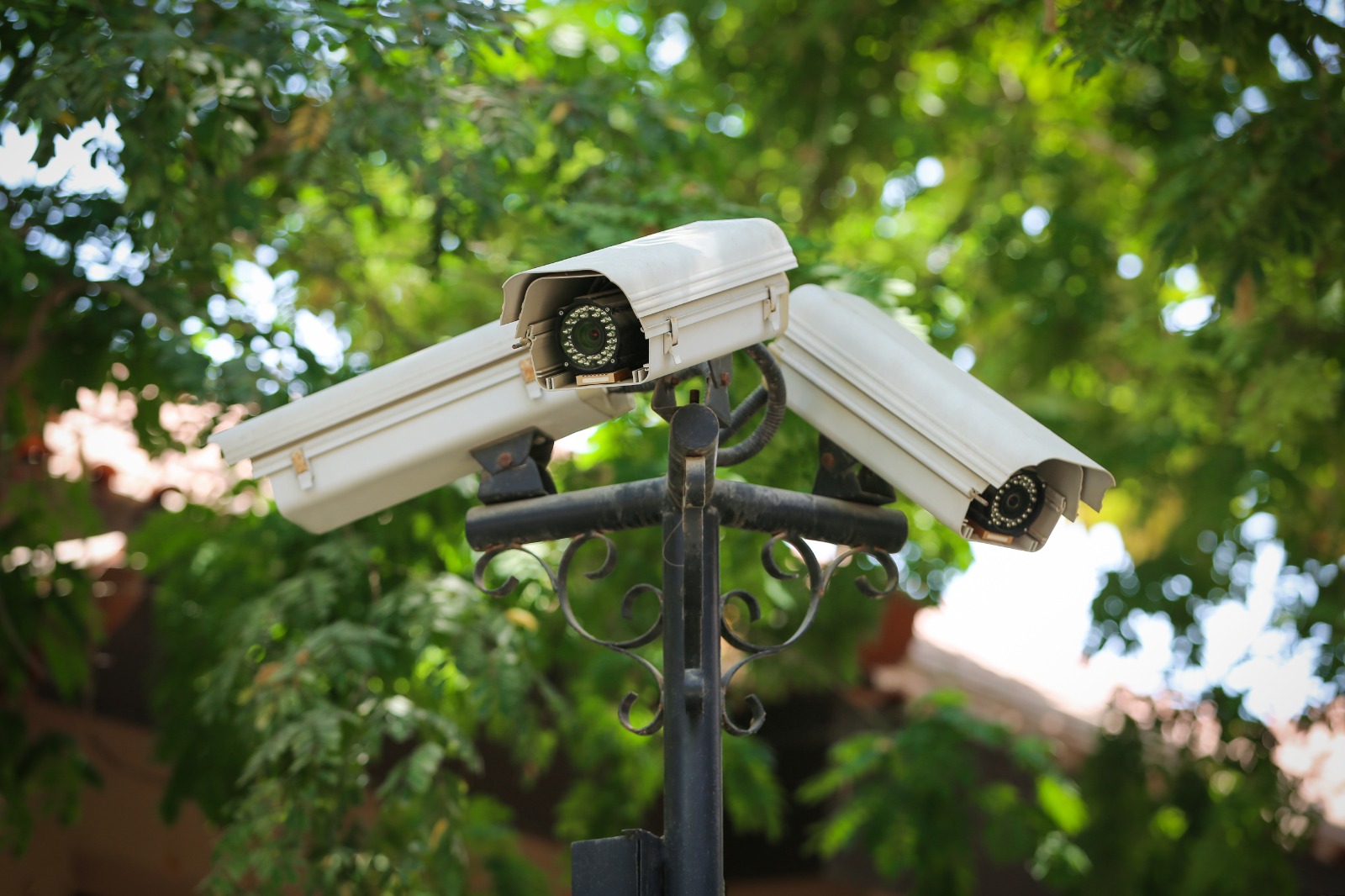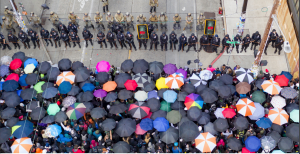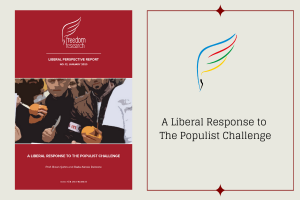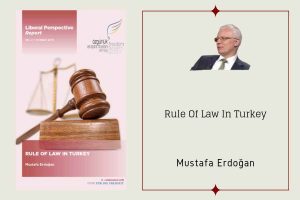While the use of inspection and surveillance technologies is administratively practical for increasing public compliance with the measures and minimizing implementation costs, there is also a downside to the use of these technologies. Such technologies can be perceived as a threat to individual freedoms by citizens, NGOs, and the media and, therefore can be heavily criticized. In fact, mass protests are organized in many countries due to these concerns. With this in mind, the perception that some values are under threat prevails; privacy of personal data (How can the privacy of citizens’ personal data be protected from governments and private companies?), participation/governance (Which public policy actors play what roles in the use of technology in the context of restrictive public policies and measures?), transparency (Who collects this data and for what purpose? How the data is stored and for how long?), accountability (Who is responsible for data security breaches? What are the sanctions?) and sustainability (How can the control of the technology used in question be ensured in the medium and long run?) are widely perceived to be under threat.
In this context, this report examines what kind of problems the mass surveillance technologies used in many countries caused in terms of personal freedoms as well as how these problems can be solved through evaluation of cases of different countries around the world, and presents public policy recommendations.
A Review on the Mass Surveillance Technologies Used During the COVID-19 Pandemic in Terms of Personal Data and the Rule of Law
Shares:





